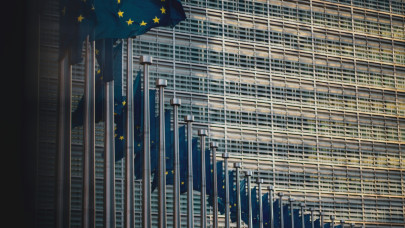The ambassadors of all 27 member states expressed now their support for the agreement agreed with the European Parliament, for a directive aimed at increasing, up to at least 42.5%, the share of energy from renewable sources in the EU's energy mix, until the end of the decade, replacing the current target of 32%.
France obtained a small amendment to the agreement agreed with the European Parliament, by recognizing the challenges that the ammonia sector will face in the transition from natural gas to more environmentally friendly fuels. The European Commission also issued a statement in which it emphasizes the importance of nuclear energy in meeting the climate objectives of the EU bloc, a recognition insisted on by France.
The European Commission recognizes that other sources of energy without fossil fuels, in addition to renewable energies, contribute to reaching climate neutrality by 2050, according to Bloomberg.
The agreement means the EU has successfully cleared the last hurdle to a green plan that is intended to put the EU bloc on a path to climate neutrality by 2050. France has called for the reopening of the deal agreed with the European Parliament to recognize the importance of nuclear energy in the production of hydrogen and ammonia.
France's insistence on reopening a negotiated agreement has drawn displeasure from other member states who argue that such an initiative would be a very dangerous exercise.
MEPs have not yet officially approved the initial agreement reached by the member states in March.
Now, the agreement reached by the ambassadors of the member states will enter the legal process before the formal adoption by the ministers of the member countries.
Sweden, which holds the EU's rotating presidency, hopes to do so by the end of this month when its mandate ends. After the Parliament and the member states support the agreement, it will become law.










